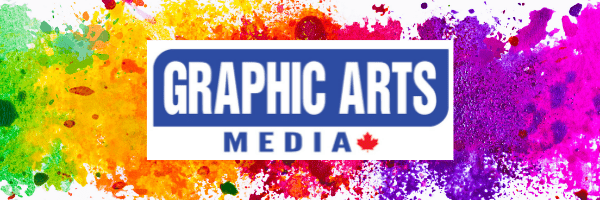There seems to be some confusion as to what exactly the different environmental labels on paper means. More importantly there is confusion about what best serves the needs of our clients and us as business managers, consumers and as Canadians.
When it comes to paper, look for the Forest Stewardship Council’s (FSC) check-tree logo. Why? Because it actually means something important for Canada as the Forest Stewardship Council (FSC) started out as a Canadian initiative. FSC is the only international certification system that identifies paper products that come from responsibly managed forests, and verified recycled sources. It is also the choice of environmental groups worldwide, including WWF Canada, Greenpeace, CPAWS, and The Sierra Club of Canada.
It was in 1993 that environmental groups, labor unions, consumers, First Nations representatives and the forest industry met in Toronto to form FSC. The newly formed organization worked with these groups to establish ten guiding principles for responsible forest management which are the framework used to develop regional standards for forest management. Forest Management certification is granted to companies that meet and maintain these standards by third-party auditors such as SmartWood, part of the Rainforest Alliance. The fibre from certified forests is tracked all the way to the consumer through the Chain of Custody certification process. This means forests, pulp mills, merchants and printers must all obtain FSC certification in order for a product to carry the FSC logo. The FSC system also ensures the legitimacy of claims regarding the recycled content of products. Other certification systems for paper products do exist. The Canadian Standards Association (CSA) has a certification program for forests in Canada but this is known as a “business as usual” type standard; meaning that as long as the forest management meets existing government guidelines they can be certified. The other certification systems are the PEFC (Programme for the Endorsement of Forest Certification) system, which is European based, and the Sustainable Forestry Initiative (SFI) which is US based, and for both, politics play a large role in their certification processes.
FSC is widely recognized as the international “Gold Standard”, with over 25% of the world’s certified forests located in Canada, we are the leader in FSC certification and the largest supplier of FSC-certified paper. One of the reasons I chose to make Canada my home 32 years ago was the quiet and pragmatic approach Canadians take in meeting challenges. Whether it is capturing Vimy Ridge or giving the world solutions like the zipper (no trouser should be without one), the paint roller (sure beats brushes), pablum for our babies or saving the worlds forests. And believe me we need this kind of initiative now. Only 20 percent of the world’s forests remain intact and 70% are in Canada, Brazil and Russia. Intact forests are disappearing at the rate of two acres per second (Global Forest Watch Canada). We are in an era of massive global species extinction not seen since the age of the dinosaur, estimated at hundreds of species every week, species that are reliant on forests for survival.
Only if the paper stock and the printer are FSC-certified can a client have the FSC logo printed on their document or make a claim regarding it being FSC-certified. This is the FSC guarantee; a chain of commitment from forest floor to consumers door. As an environmental consultant I get involved with helping printers become FSC-certified. I often ask what their motivation is and usually it’s because their clients are requesting it. This is sensible business policy for corporate consumers of print that wish to demonstrate good citizenship in an environmentally sensitive market. There are not many avenues for banks or insurance companies to take advantage of. FSC certification works for one simple reason: the rules are worked out jointly by all those whose survival depends upon keeping our forests healthy. That includes communities, First Nations, environmental groups, forest managers, pulp mills, paper manufacturers, printers, the public and the good folks that buy printed material and want to demonstrate their commitment to a sustainable future on planet earth.
For more information check out www.fsccanada.org or www.ecosafe-environmental.net.
John Piggott
Environmental issues
ecosafe@rogers.com 905.430.9049





